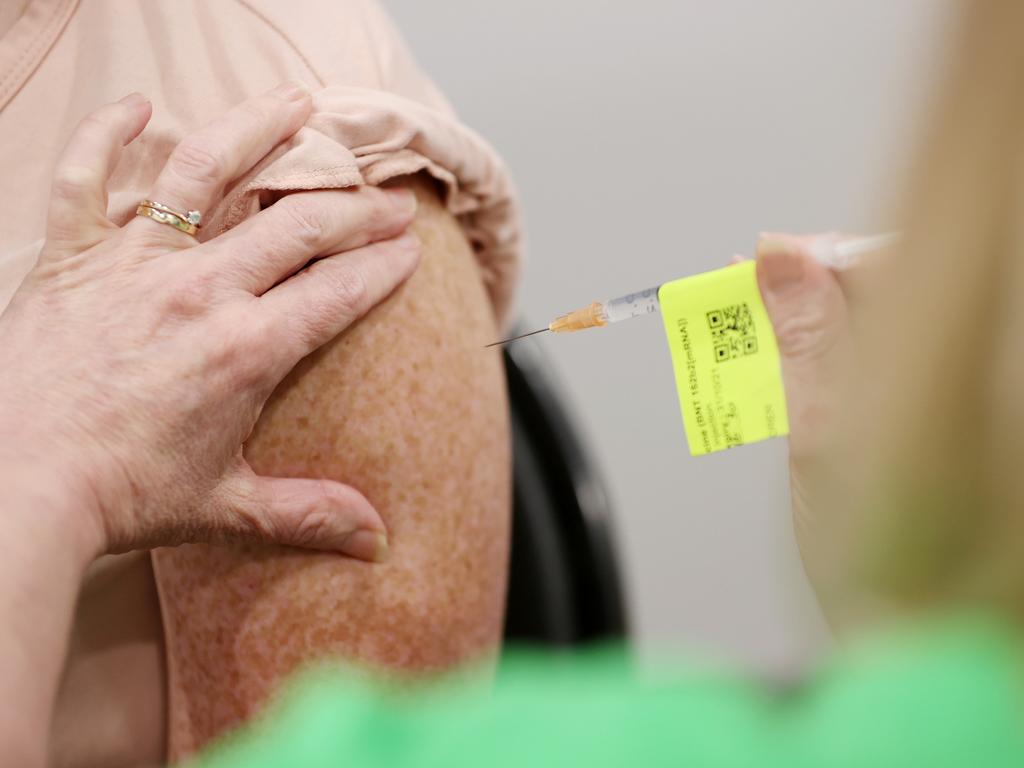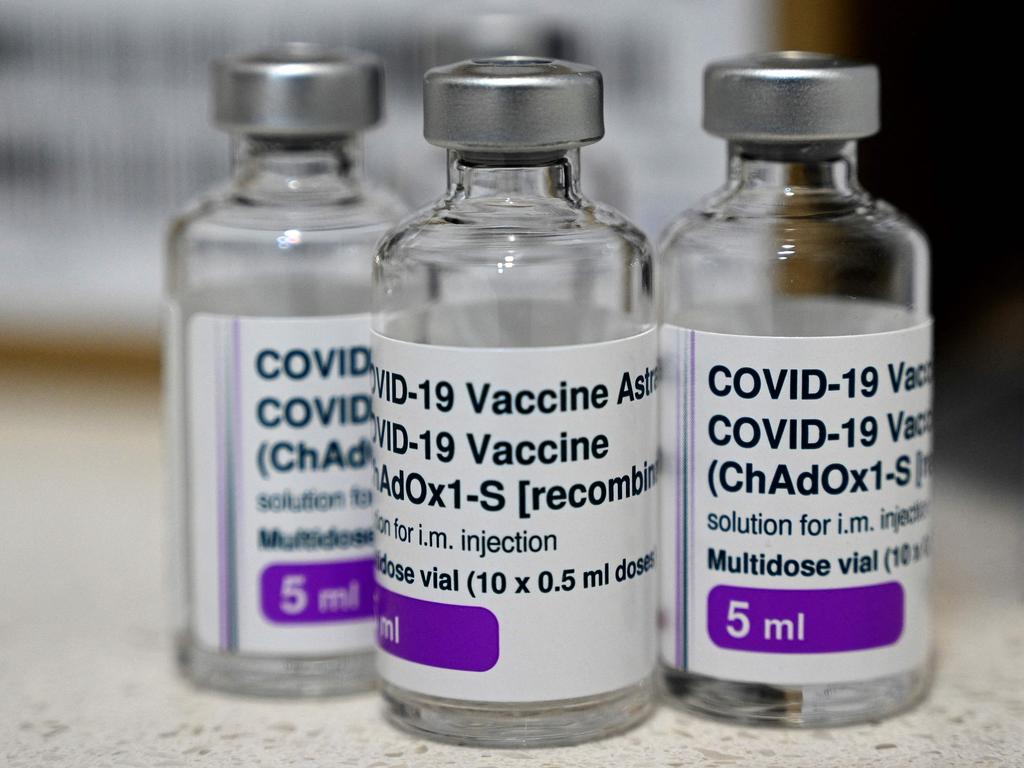Heart inflammation following the Pfizer vaccine linked to 354 cases in Australia
A rare side effect of the Pfizer vaccine has now impacted 354 Australians following 13 new cases.

The Pfizer vaccine has now been linked to 354 instances of heart inflammation in Australia following 13 new cases.
There were also two new cases of blood clots linked to the AstraZeneca vaccine, taking the total to 166 cases and eight deaths in Australia. A ninth death linked to the AstraZeneca vaccine was a case of immune thrombocytopenia (low blood platelet).
The latest blood clots cases involved an 80-year-old man from Victoria (confirmed, following first dose) and a 62-year-old man from NSW (probable, following second dose).
Of the 166 cases, 144 (82 confirmed, 62 probable) related to a first dose of AstraZeneca and 22 to a second dose (six confirmed, 16 probable).
The figures were released in the Therapeutic Goods Administration Covid-19 Weekly Safety Report.

The youngest case classified as ‘likely myocarditis’ or heart inflammation to date was 12 years old.
“While there are some fluctuations from week to week, especially in subgroups with small numbers of reports, rates of reporting of myocarditis in Australia are consistent with rates reported internationally,” the TGA says.
To 28 November, the TGA has received 93 reports of suspected immune thrombocytopenia (IT) following vaccination with AstraZeneca. These patients had an extremely low platelet count, and signs of thrombocytopenia which may include unusual bruising, a nosebleed and/or blood blisters in the mouth.
There have also been 156 reports of suspected Guillain-Barre Syndrome (GBS) occurring after vaccination with AstraZeneca. GBS is a rare but sometimes serious immune disorder affecting the nerves and can result in pain, numbness, muscle weakness and difficulty walking.

Of the cases classified as likely to be myocarditis, most of the patients experienced symptoms within 3 days of vaccination. Around half of the patients were admitted to hospital with 9 being treated in intensive care. Most patients treated in hospital were discharged within 4 days.
People should seek medical attention if they experience symptoms that could suggest myocarditis or pericarditis (inflammation of the membrane around the heart).
This includes chest pain, palpitations (irregular heartbeat), fainting or shortness of breath, particularly if they occur within 1–5 days of vaccination.
People should seek immediate medical attention if they develop any of the following symptoms after vaccination that could suggest blood clots:
- severe or persistent headache, blurred vision, confusion or seizures
- shortness of breath, chest pain, leg swelling or persistent abdominal pain
- unusual skin bruising and/or pinpoint round spots beyond the site of vaccination.
The most common time period for onset of TTS symptoms is 4–30 days after vaccination.



